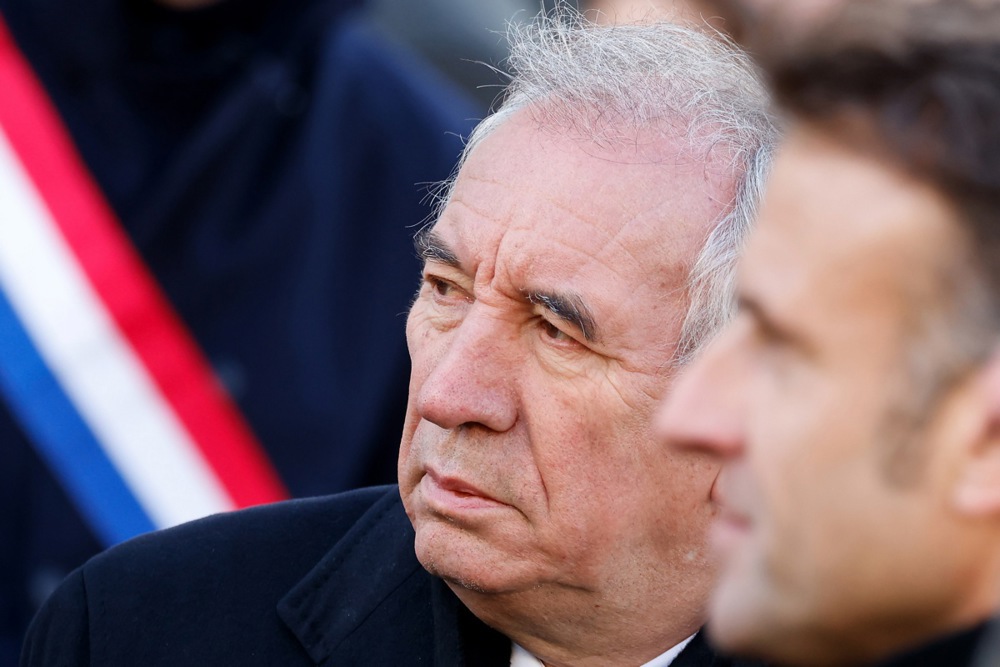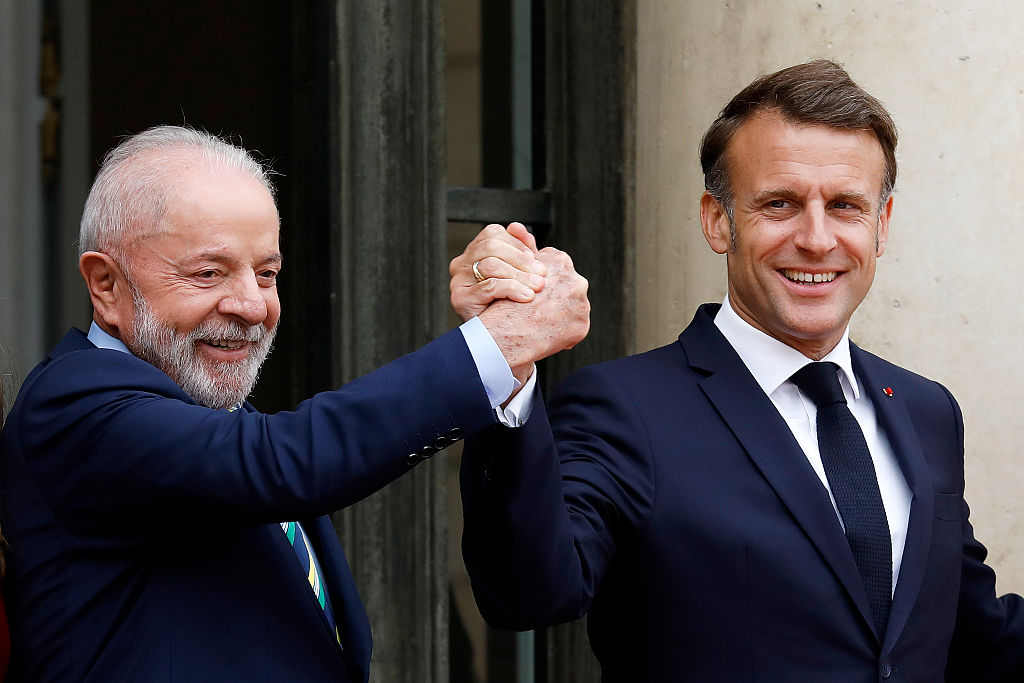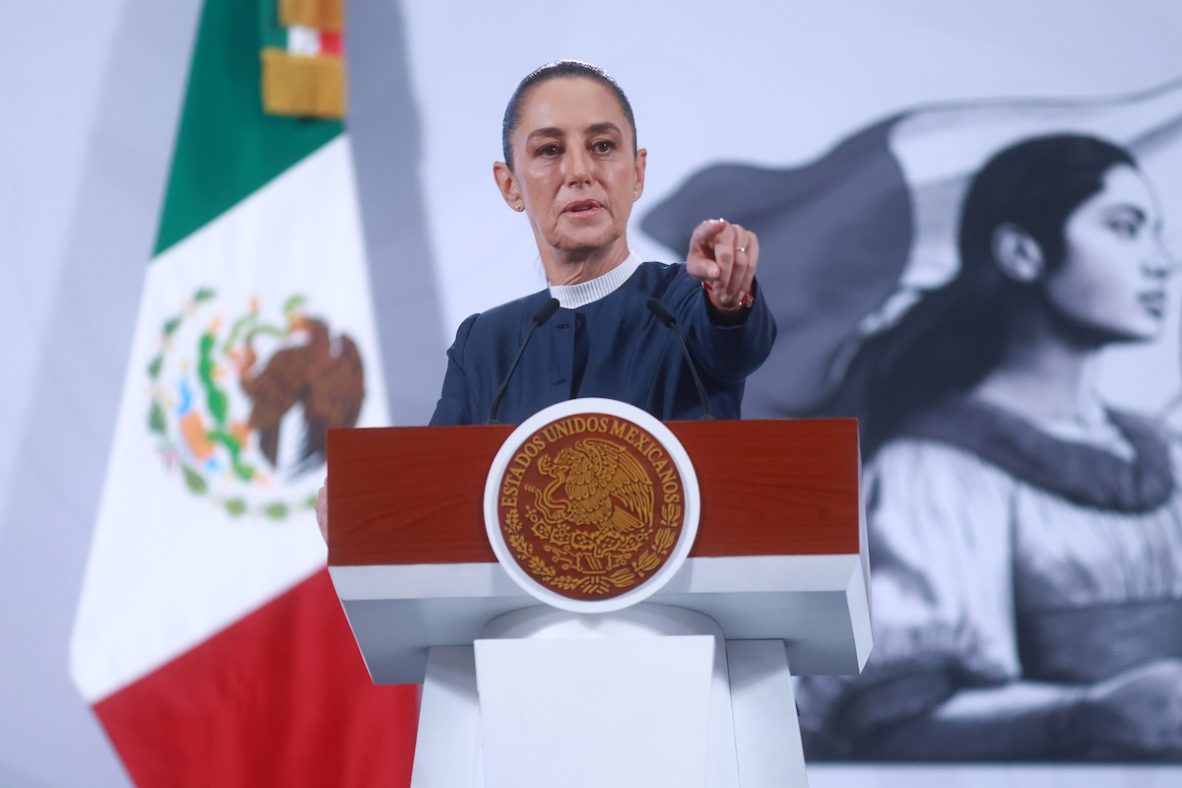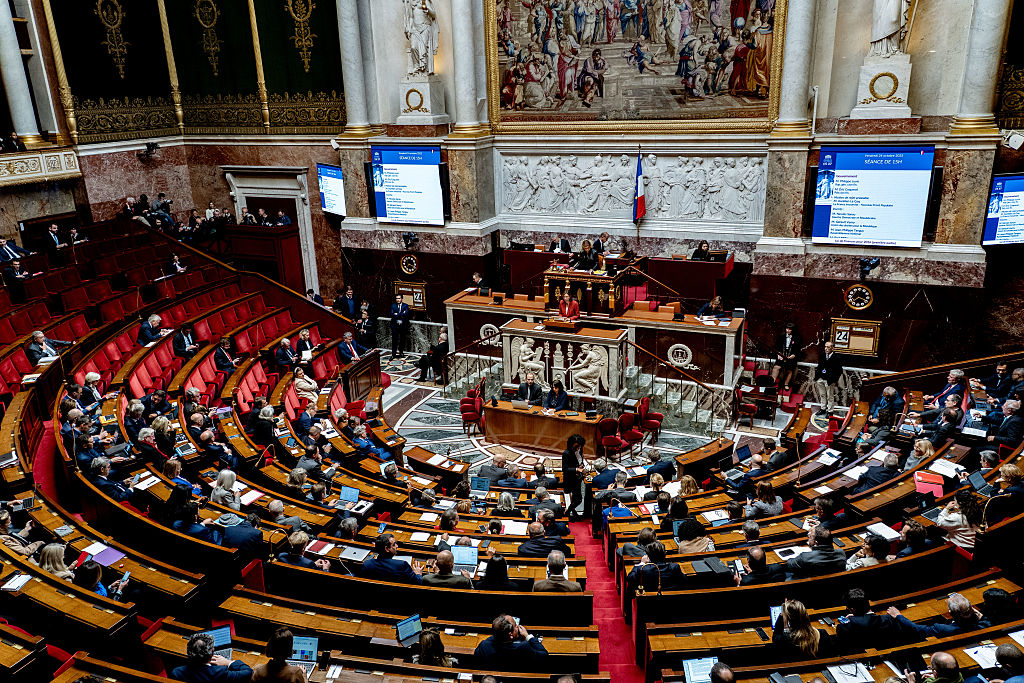French prime minister Bayrou leans left to keep his balance
The centrist stalwart will need to win over much of France's left if he is to survive longer than his predecessor.

PARIS – Prime Minister François Bayrou is negotiating to ensure the neutrality of a section of the left ahead of a landmark speech on Tuesday, as a no-confidence vote looms over a French government once again.
Just a few hours before his general policy speech to the members of the National Assembly, and with the left-wing La France Insoumise (LFI) saying it will table a motion of no-confidence for a vote on Thursday, Bayrou understands the stakes.
To escape the fate of his predecessor, Michel Barnier – ousted by a no-confidence vote after only a few months in charge – and to avoid reliance on the far-right National Rally (RN), the veteran centrist has an unenviable task.
He must dismantle the fragile coalition of the left-wing New Popular Front (NFP) – hastily assembled after the dissolution of the National Assembly last June – and ensure non-censure by a portion of the left, including the Socialist Party (PS), the Greens, and the Communist Party.
Intensive discussions between the government and its would-be detractors have taken place in recent days, led by Economy Minister Eric Lombard – known to have close ties with PS First Secretary Olivier Faure.
Just how far those talks have gone in assuaging the left’s concerns was unclear ahead of Bayrou’s Tuesday speech. “We’re not there yet,” Faure warned on Sunday, while a deputy from Bayrou’s Democratic Movement (MoDem) said on Monday that they were “not privy” to the talks.
But the left had a lengthy policy wish list entering the negotiations: an increase in the health insurance budget, cancellation of the 4,000 job cuts in the national education system, and freeing up €7 billion for the ecological transition.
Most contentious of all is their wish to repeal or suspend the law that will gradually push back France’s retirement age from 62 to 64.
This potential unravelling of one of the symbolic measures of Emmanuel Macron’s previous governments has ruffled feathers among his loyalists, such as Education Minister Elisabeth Borne, who explained when she was Prime Minister that the law she had imposed on the National Assembly using Article 49.3 of the Constitution was “non-negotiable”.
Any such move would likely meet fierce opposition from the right, with Senate President Gérard Larcher of The Republicans (LR) reiterating that neither a “repeal’ nor a “suspension” of the pension reform was an option.
Bayrou’s narrow window
Since the fall of the Barnier government and while France still has no budget for 2025, Bayrou seems, despite everything, to have a narrow window of opportunity.
The Republicans, despite their weak representation in the National Assembly, hold several key government positions, including influential Interior Minister Bruno Retailleau, and are unlikely to risk toppling Bayrou.
With an eye on potential early elections in summer 2025 or even the 2027 presidential race, the Socialists strive to present themselves as a responsible governing party.
Many senior members of the movement are also not opposed to distancing themselves from the incendiary rhetoric of LFI, which is calling loudly for Emmanuel Macron’s resignation—even if it means burying the NFP coalition for good.
In an interview with Le Monde on 13 January, Boris Vallaud, the Socialist Party’s leader at the National Assembly, stated they were “not changing alliances” but acknowledged “irreconcilable” disagreements with the NFP, led by Jean-Luc Mélenchon.
He posed the question: “If we achieve tangible changes, who will have been the most faithful to left-wing voters?”
As early as the 2000s, Bayrou advocated an alliance between the “republican right” and the “pragmatic left,” expressing his vision of forming a “central bloc of French society” by “breaking apart the left.”
A three-time presidential candidate before the political space he envisioned was occupied by Emmanuel Macron in 2017, Bayrou now has the chance to put his long-espoused ideas to the test.
His immediate priorities will be to pass the 2025 budget within weeks, begin rebuilding the overseas territory of Mayotte after it was devastated by a cyclone, and address the agricultural crisis. At least if he has enough time to really get to grips with these issues.
[Edited by Owen Morgan]









